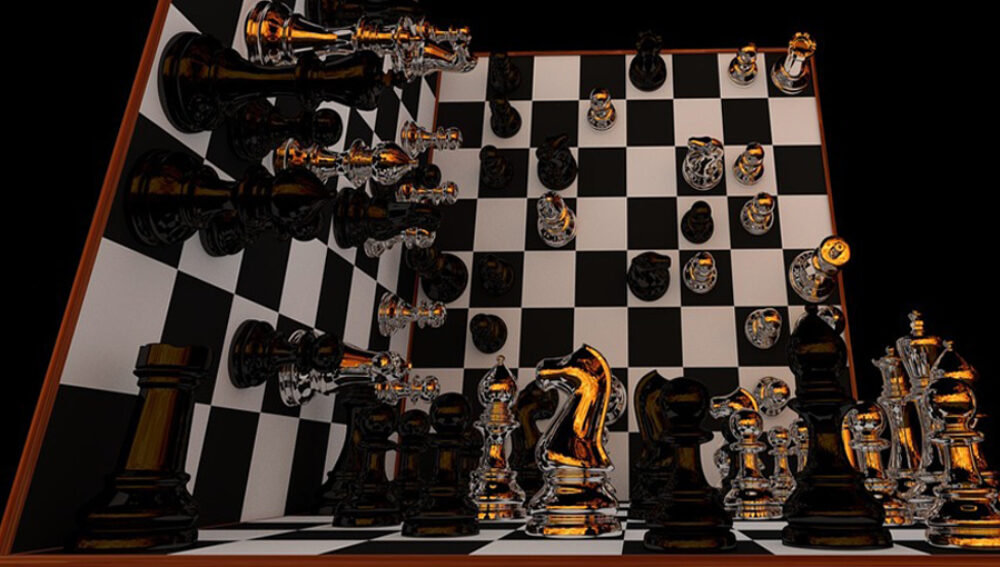Grand strategy may seem an irrelevant idea but it’s not. As Colin Gray declares “all strategy is grand strategy.” Without a grand strategy that explains the ends, works the means and sets out the ways, lower-level strategies will be uncoordinated, work at odds with each other and be unlikely to succeed. Grand strategy seems superfluous as its gotten unhelpfully confused with the National Security Strategy. It should be instead thought of as a practical problem-solving methodology you can apply to particular real-world problems. This article rethinks grand strategy to provide just that.
Grand strategy has a bad wrap but it’s not the concept’s doing. A perception has developed that the National Security Strategy (NSS) and grand strategy are the same. This is a major error. The NSS addresses certain matters of particular Congressional concern as required under the 1986 Goldwater-Nichols Act. The NSS is simply a particular example of a grand strategy, not the whole of grand strategy as a problem-solving approach.
Worse the NSS seems disoriented. The NSS is a late Cold War creation when the Soviet Union was the obvious central focus. Similarly if more generically, grand strategy in originating in war stressed staying focused on the adversary. Post Cold War though, with the USSR dismantled, the NSS lost its concentration, drifting into what John Ikenberry calls a milieu grand strategy, one aiming to shape the general international environment.[i]
It’s easy to be sceptical of this sub-type of grand strategy. As a recent book, ‘The End of Grand Strategy’, nicely argues it’s really hard to see how one grand strategy can address all the problems a state faces.[ii] But the book goes a step too far in deciding that, as the NSS is a poor grand strategy format, the idea of grand strategy is now of little value.
This confusion is important as the post-Cold War era ends and our problems intensify. It’s not just the Greater Middle East’s ‘forever wars’, North Korea’s rockets or Russian malfeasance but crucially the rise of China. China has both the economic potential to outspend America and its allies on defense and the population base to man any size military force structure acquired. The West’s post-Cold War era military and economic overmatch is receding. Our edge may become using our national power better, more effectively and more efficiently. Better thinking could be crucial.
Please click here to read the full “Rethinking grand strategy” article published at Small Wars Journal, written by Griffith Asia Institute Visiting Fellow, Dr Peter Layton.








